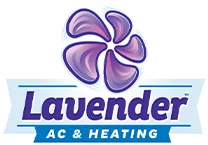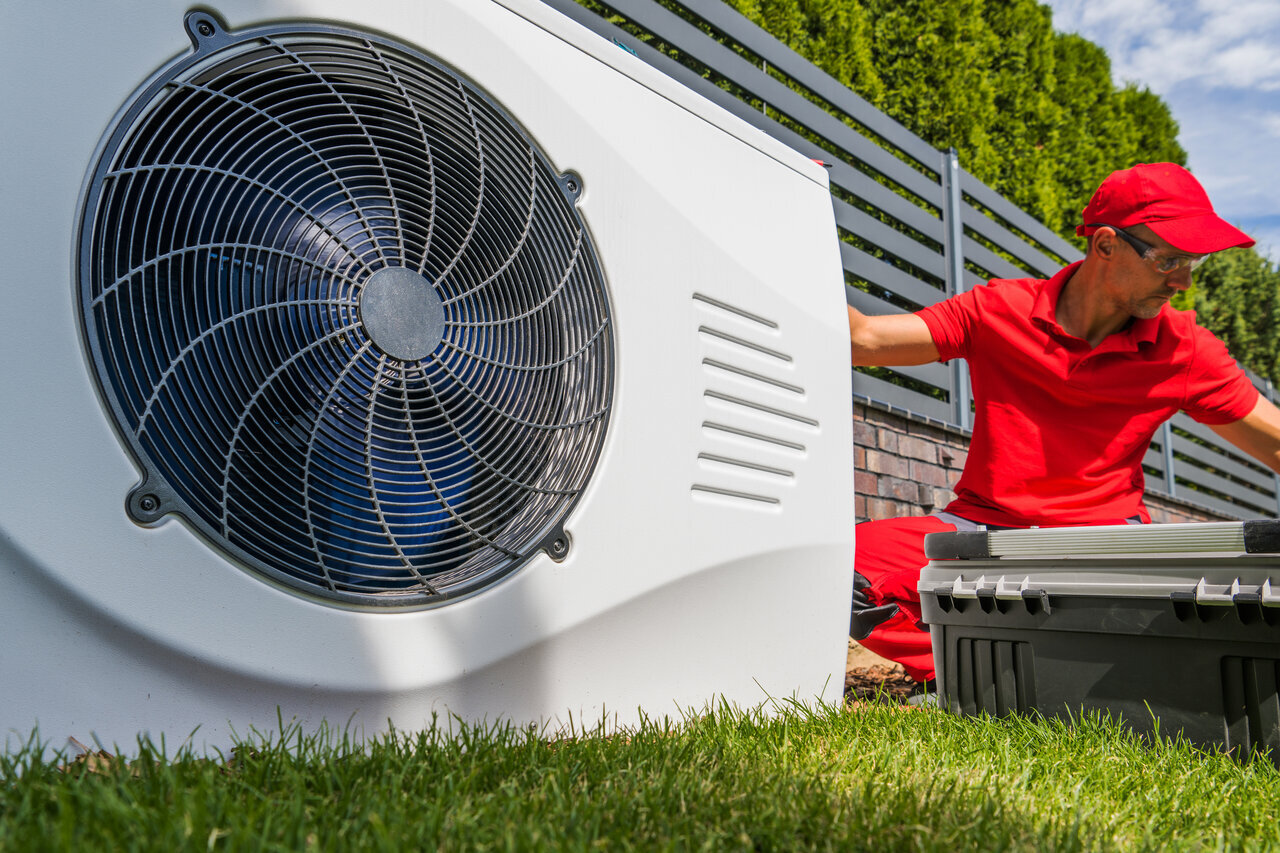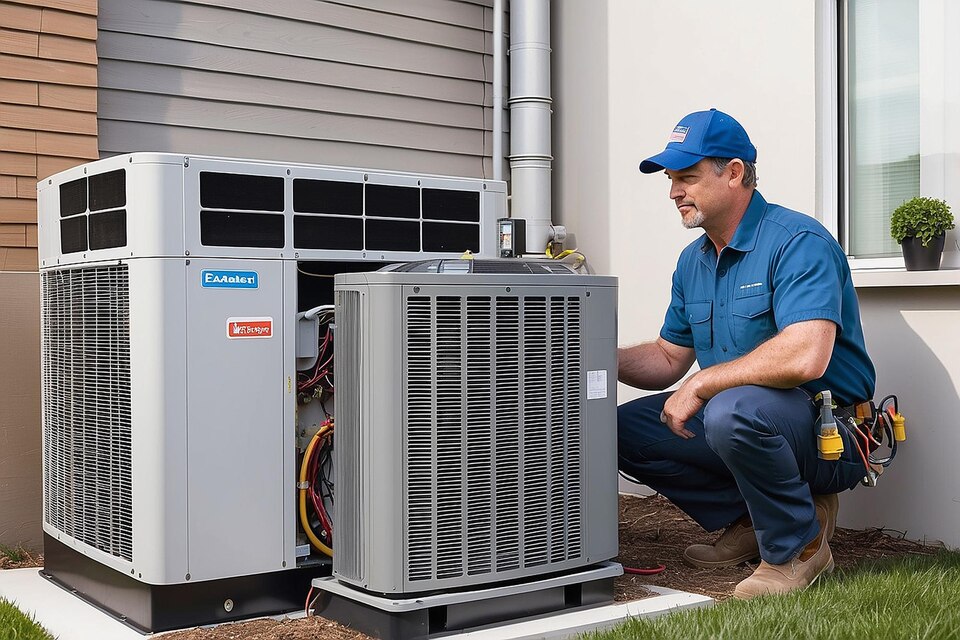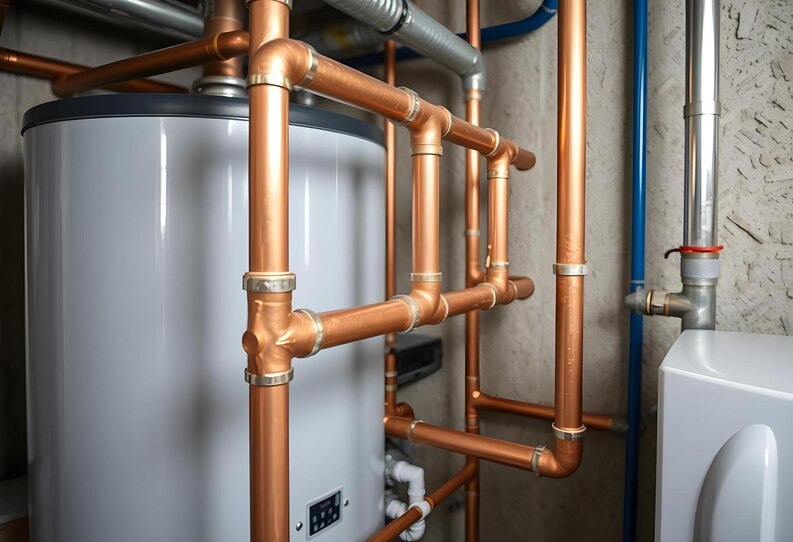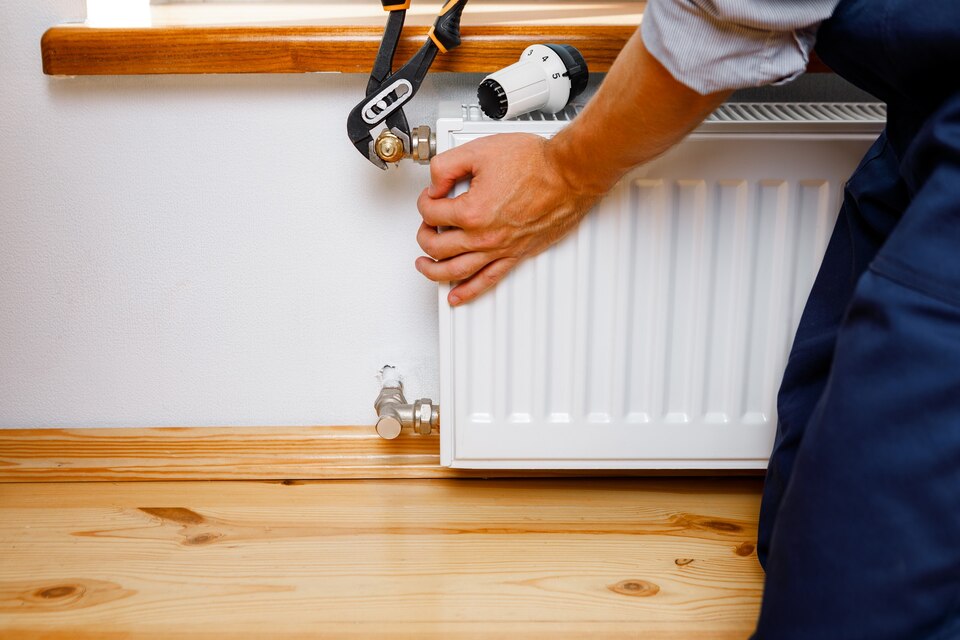Deciding when to replace a heat pump is crucial for maintaining home comfort and energy efficiency. Like all mechanical systems, heat pumps have a finite lifespan, and recognizing the right time for replacement can both enhance comfort and prevent rising operational costs. Lavender AC & Heating often encounter homeowners grappling with the decision of whether to repair their existing system or invest in a new one. This choice becomes optimal when guided by a clear understanding of your heat pump’s current performance, potential financial savings, and the technological advancements available in newer models.
Assessing the Performance Decline in Your Heat Pump
Noticing a decline in your heat pump’s performance can be frustrating, especially when it impacts your comfort and energy bills. A well-functioning heat pump should maintain consistent temperatures and operate quietly and efficiently. If you observe that your system struggles to keep up with the heat load or takes longer to reach the desired temperature settings, it’s a sign that something might be amiss.
We begin addressing these issues by checking the most common factors that could be hindering your heat pump’s performance. This includes inspecting the air filters, which should be clean and clear of debris to ensure proper airflow. Another area we examine is the heat pump’s coils and fins, which can accumulate dirt and reduce the unit’s ability to transfer heat effectively. Additionally, we ensure that the thermostat is correctly calibrated and communicating properly with the heat pump—an often overlooked but crucial aspect of system performance.
The Financial Implications of Continuing with an Old Heat Pump
Operating an old or inefficient heat pump can have significant financial implications over time. As heat pumps age, their efficiency naturally declines, even with regular maintenance. This decline in efficiency means your system needs to work harder, for longer periods, to produce the same amount of heating or cooling, leading to higher utility bills. Moreover, older systems are more prone to breakdowns and repairs, which can become both frequent and costly.
From a financial perspective, there comes a point where the cost of repair and increased energy consumption outweighs the price of investing in a new, more efficient system. It is crucial to perform a cost-benefit analysis to determine when the replacement is more economical. We help our clients understand these metrics by providing detailed comparisons and long-term energy cost estimations. Investing in a newer, more efficient heat pump decreases monthly bills, enhances your home’s comfort, and reduces your environmental footprint.
Understanding the Lifespan and Maintenance History of Your Heat Pump
The longevity of your heat pump significantly depends on how well it has been maintained over the years. Typically, a well-maintained heat pump should serve you efficiently for about 10 to 15 years. Understanding the maintenance history of your system can provide insights into potential future issues and when you might need a replacement. Consistent maintenance checks are crucial, as they can uncover minor issues before they escalate into major ones.
Each session should include cleaning or replacing filters, checking the operation of the thermostat, inspecting the ducts for debris, and ensuring all components work harmoniously. Besides preventing breakdowns, regular maintenance ensures your heat pump operates at peak efficiency, saving you money on energy costs in the long run. If you’re reviewing a recently acquired property, asking for the maintenance history of the installed heat pump can be very enlightening. Knowing the care routine the system underwent gives us a good idea of its remaining lifespan and potential future costs.
Navigating the Replacement Process: Steps to Take Before Installing a New Heat Pump
When it’s time for a heat pump replacement, the decision involves several steps to ensure you choose the right system for your needs. First, evaluate your current heat pump’s performance and energy usage. If your system is old, frequently requires repairs, or has become less efficient, these are strong indicators that a replacement may be more cost-effective.
Next, consult with professionals like us. We can provide an assessment that considers your home’s size, your climate, and your unique heating and cooling needs to recommend the most efficient model. Additionally, it’s essential to understand the different types of heat pumps available, such as air-source, ground-source, and water-source, and the benefits each type offers. Securing a reliable contractor ensures that your new heat pump is installed correctly and optimally configured for your home’s specific requirements.
Ensuring Year-Round Comfort with Lavender AC & Heating
Choosing to repair, maintain, or replace your heat pump is more than just a decision about equipment; it’s about continuing to guarantee comfort in your home year-round. Our team at Lavender AC & Heating is committed to providing you with knowledge, service, and support through every step of your heat pump’s lifecycle—from initial troubleshooting through to replacement.
Whether you are looking to maintain your current system to extend its life or considering an upgrade to a more efficient model, remember that timely and professional attention can save you money and enhance your comfort. Don’t let heat pump issues disrupt your comfort. Contact our HVAC company in Dallas, TX today, and let our experts provide the proactive care and cutting-edge solutions your home deserves. Together, we can ensure that your heat pump remains a reliable source of comfort no matter the season.
